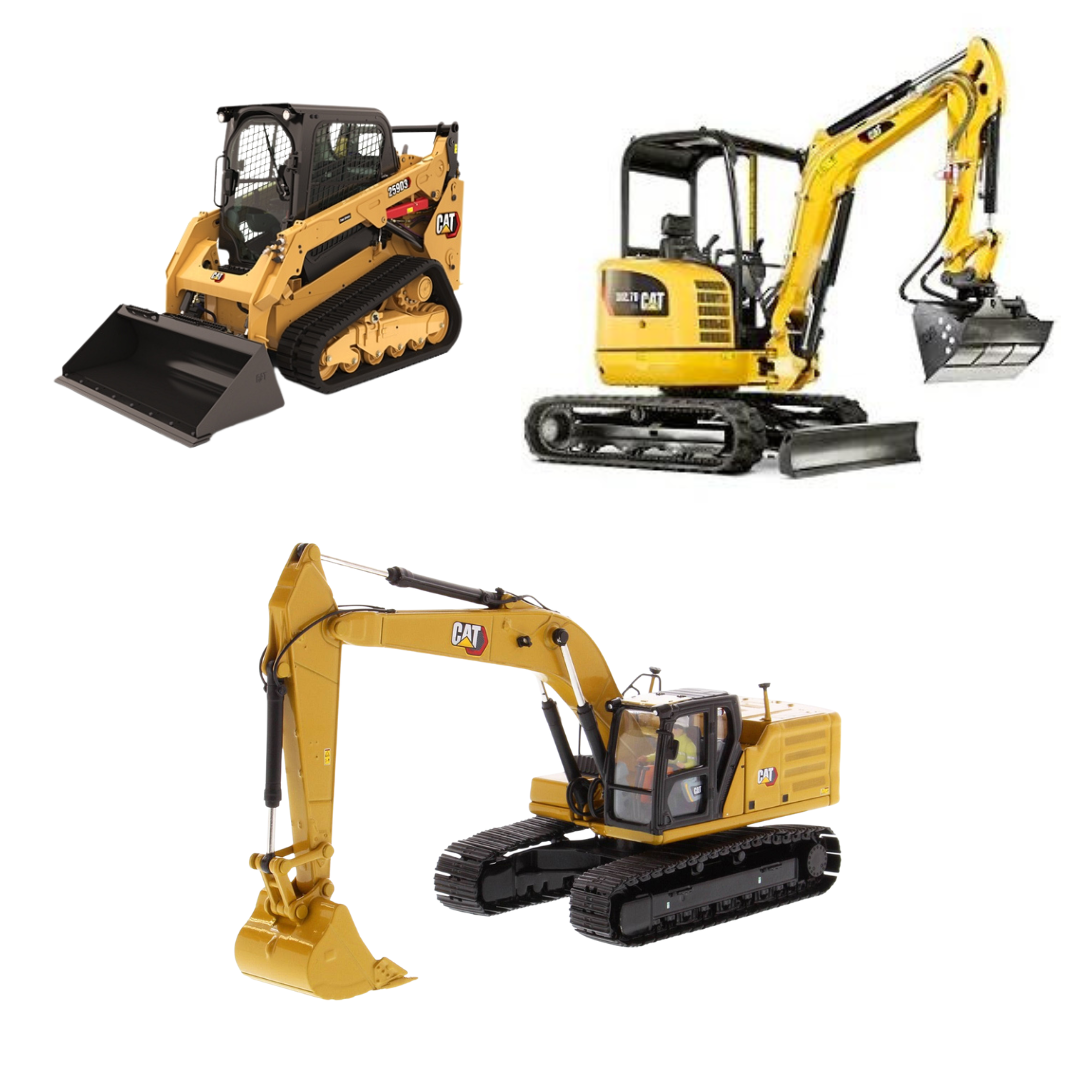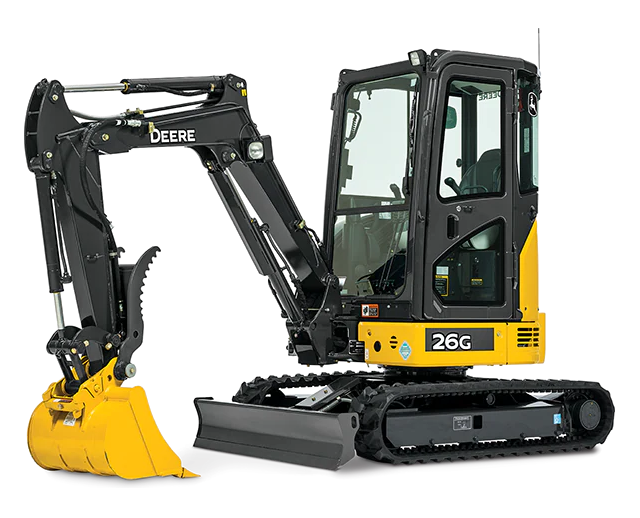Heavy Equipment Rental: Large Equipment for Any Construction Job
Heavy Equipment Rental: Large Equipment for Any Construction Job
Blog Article
Maximize Your Budget by Understanding the Prices Connected With Construction Devices Leasings
Recognizing the full range of prices connected with building and construction equipment services is essential for maximizing your budget plan. While the first rental charge might appear uncomplicated, countless extra expenditures-- such as transportation, fuel additional charges, and maintenance-- can swiftly accumulate, impacting your economic preparation. Being conscious of different fees and the details of rental agreements can assist stay clear of unanticipated monetary problems. What methods can be utilized to efficiently handle these prices and make sure a much more effective rental experience?
Overview of Rental Expenses
When thinking about construction tools leasings, recognizing the connected costs is vital for reliable budgeting and task planning. Rental expenses can differ significantly based upon a number of factors, consisting of devices kind, period of service, and location. The initial rental cost often mirrors the equipment's market need and its associated functional abilities, affecting the general cost.
Along with the base rental price, secondary prices might develop, such as transportation costs, gas additional charges, and upkeep charges. It is essential to make up these extra expenditures to precisely assess the overall price of renting tools. Additionally, the rental duration can influence rates; longer leasings might receive discounted rates, while temporary leasings may incur higher day-to-day charges.

Failure of Rental Rates
A comprehensive understanding of rental rates is necessary for contractors and job supervisors aiming to optimize their budget plans. Rental prices for building devices normally are composed of a number of elements, including base rates, time-based costs, and usage costs.
Base rates are the core fees connected with the rental of the equipment, frequently determined by the type and dimension of the machinery. These rates can vary significantly, influenced by variables such as tools demand, schedule, and local market trends. Time-based costs, which may be daily, weekly, or monthly, serve to accommodate various job timelines and rental periods.
Additionally, rental rates might consist of usage charges, which are appropriate when devices is made use of beyond a specified limit, making sure that the rental company can make up wear and tear. Seasonal demand changes can also influence rental rates, with peak building and construction periods commonly regulating higher prices.
Additionally, recognizing the rental company's plans regarding upkeep and insurance can give additional insight right into the total price framework. By evaluating these components, professionals can make educated choices, making sure the selection of rental tools straightens with both project needs and spending plan restrictions.
Added Fees to Consider
Comprehending the ins and outs of extra fees is important for professionals to handle their overall leasing expenditures efficiently. Beyond the basic rental rates, various supplemental costs can substantially impact the complete cost of tools leasing. These costs usually include distribution and pickup charges, which can differ based upon distance and logistics entailed in transporting the tools to and from the work website.
Moreover, some rental business may enforce fuel additional charges if the devices is returned with much less gas than when rented out. It is also necessary to know prospective cleaning charges, particularly for specialized equipment that calls for comprehensive upkeep after use.

Completely reviewing the rental contract and making clear these added charges upfront can assist contractors ensure and stay clear of unexpected costs that budget plans continue to be undamaged throughout the project lifecycle.
Maintenance and Repair Service Costs
Routine repair and maintenance costs are usually forgotten elements that can substantially other affect the general price of building tools leasings. When renting out tools, it is crucial to consider not just the rental fees however also the possible costs connected with maintaining the equipment in optimal operating problem.
Numerous rental YOURURL.com business include basic maintenance as part of the rental arrangement; nevertheless, a lot more considerable fixings or unexpected breakdowns can cause additional costs. It's necessary to examine the rental contract thoroughly to recognize what upkeep solutions are covered and what duties drop on the occupant.
Moreover, tools that is not well-kept can result in ineffectiveness on duty site, potentially increasing and creating hold-ups project prices. To reduce these dangers, it is a good idea to perform normal assessments and keep open interaction with the rental service provider concerning any kind of concerns that occur throughout usage.
Insurance Policy and Liability Prices
Insurance coverage and responsibility expenses are important parts that can significantly affect the total cost of construction equipment services (construction equipment rentals). These expenses make certain that both the rental firm and the customer are protected from potential monetary losses arising from crashes, damages, or burglary during the rental duration

Furthermore, clients must understand any deductibles or exemptions in the insurance plan, as these can influence potential out-of-pocket costs. Comprehending the conditions of any insurance protection is essential to avoid unforeseen expenses. Eventually, budgeting for insurance and liability expenditures can aid guarantee a smoother rental experience and shield against economic threats related to construction here jobs.
Final Thought
In verdict, a comprehensive understanding of the prices linked with building and construction tools rentals is crucial for efficient budget management. Ultimately, educated decision-making regarding tools services adds to the overall success of construction ventures.
Rental prices can differ significantly based on a number of factors, including devices type, duration of leasing, and area (equipment rental company). The rental duration can affect pricing; longer rentals might qualify for discounted prices, while temporary services might incur higher everyday costs
By carrying out complete research and engaging with trusted rental companies, service providers can successfully navigate the intricacies of rental prices, inevitably maximizing their financial sources.
Past the typical rental rates, different supplemental fees can substantially affect the complete price of equipment service. Rental companies typically provide obligation insurance that covers injuries to third events or damages to residential or commercial property, while equipment damages insurance coverage can cover the cost of repair services or substitute if the rented equipment is harmed.
Report this page